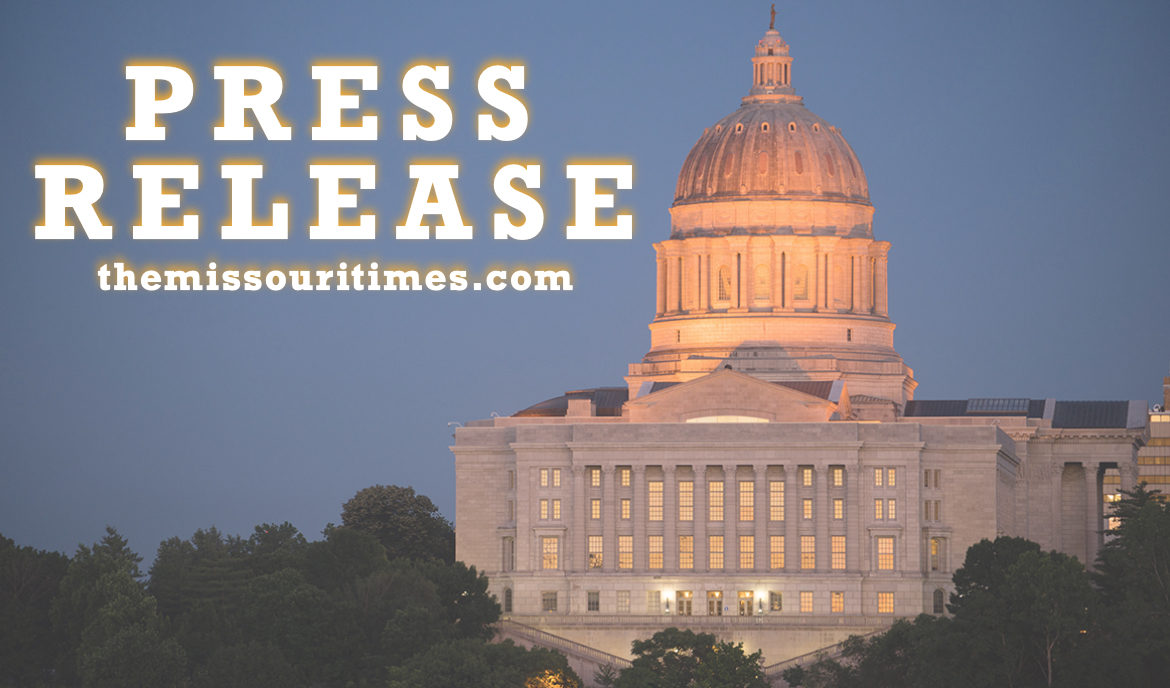Audit recommends better strategic planning in awarding TIF incentives, improvements to policies meant to control costs and ensure transparency
JEFFERSON CITY, Mo. — State Auditor Nicole Galloway today released a report on the City of St. Louis’ use of Tax Increment Financing (TIF) for redevelopment projects. The audit recommended improvements to provide additional clarity and transparency for the city’s use of TIF and ensure the city is looking out for taxpayers when awarding these incentives.
“More than 100 active TIF projects in St. Louis have received over $650 million in incentives and, because millions are diverted from schools and city services, it’s imperative the city get this right,” Auditor Galloway said. “Taxpayers have every right to expect these projects are effective and transparent in using public dollars to move the city forward.”
With a TIF project, costs are funded through a portion of property taxes generated in a redeveloped area, as well as taxes generated through increased economic activity in the area. These taxes are then diverted from local taxing districts such as school districts and instead go toward project costs.
The audit found concerns with the city’s strategic planning for TIF incentives. New projects are approved without defined program goals or strategic preferences on location of projects. More than half of the projects intended for redevelopment are located in the four city wards (out of 28 total) with the highest assessed property values. The city also does not clearly define the evaluation process or criteria used in project selection. In 2016, the city began implementing a new internal tool to evaluate projects, however, additional improvement is needed.
To receive a TIF award, property owners and developers first submit applications proposing redevelopment projects to the St. Louis Development Corporation (SLDC), which determines a project’s eligibility. The TIF Commission reviews eligible projects and makes recommendations to the St. Louis City Board of Aldermen, which along with the Mayor, gives approval for TIF projects.
Although there are city policies intended to control project costs, the limits are frequently waived, and the city lacks a consistent or transparent process for when these exceptions are granted. The audit reviewed 13 projects in detail and found the city’s per-project incentive cap was exceeded nine times, which accounts for $10.3 million in TIF awards. The audit also found the information related to cost-benefit analyses was often missing or unverified.
The policies also have been ineffective in ensuring that project revenues are sufficient to cover financing costs. Because the city primarily finances projects with interest-bearing TIF notes, projects regularly accrue significant levels of interest. That reduces the transparency of the amount that will ultimately be reimbursed on the project.
For the 109 active TIF projects in the city, a total of $657.8 million incentives have been awarded as of Dec. 1, 2018. Approximately $348 million has been paid, but approximately $515 million in unpaid TIF liabilities remain. In one instance, a project received a TIF note of $3.2 million in 2006. As of Dec. 1, 2018, the city had paid $3.2 million on the note, but due to accrued interest, the outstanding principal on the project is almost $3 million. Since interest will continue to accrue, this amount may not be fully reimbursed before the end of the 23-year lifespan of the TIF in 2025.
“TIFs can serve as a tool to help revitalize areas of our communities that badly need it. But strong guidelines and policies that control costs, provide transparency, and demonstrate need are necessary to protect taxpayers,” Auditor Galloway said. “It is the city’s responsibility to act on the side of taxpayers. I urge officials to put the audit recommendations into place to address the concerns we found.”
The audit also found the city does not maintain TIF data in a useful and transparent manner, making informed strategic decisions and complete analyses impossible, and hindering oversight of the TIF program by both the Board of Aldermen and taxpayers.
Auditor Galloway previously released a report on local taxing districts in St. Louis. The audits began after Auditor Galloway accepted a request by the Board of Aldermen to complete a comprehensive, independent audit of the City of St. Louis. That request came after a group of St. Louis residents initiated a petition drive to require an audit of the city. For more information on the ongoing audit of the city, visit auditor.mo.gov/STLAudit.
The full report on Tax Increment Financing, which gave a rating of “fair,” can be found here.













